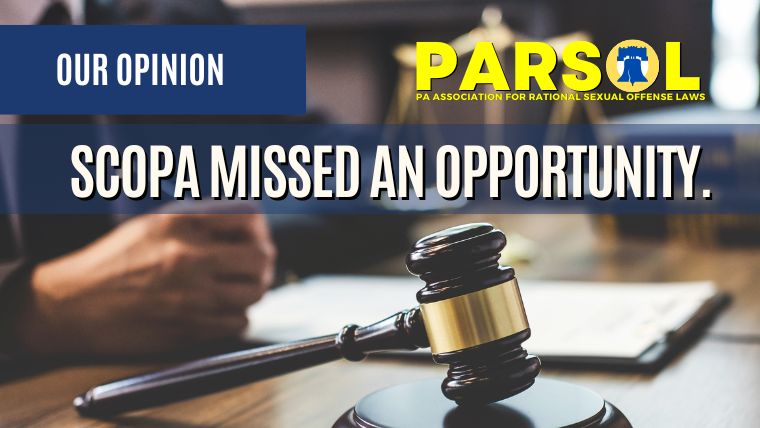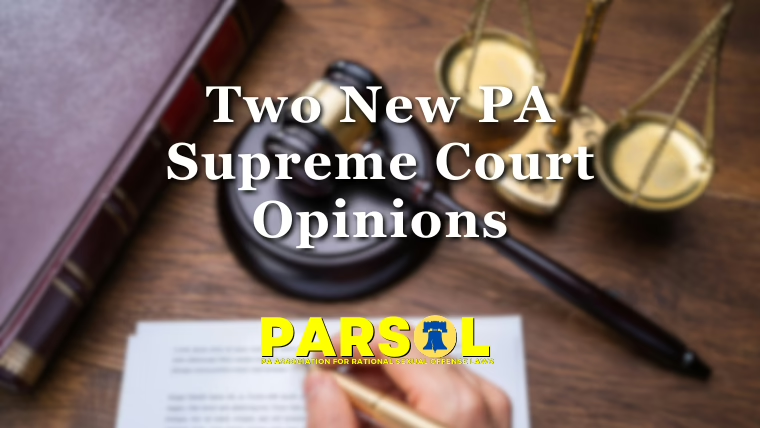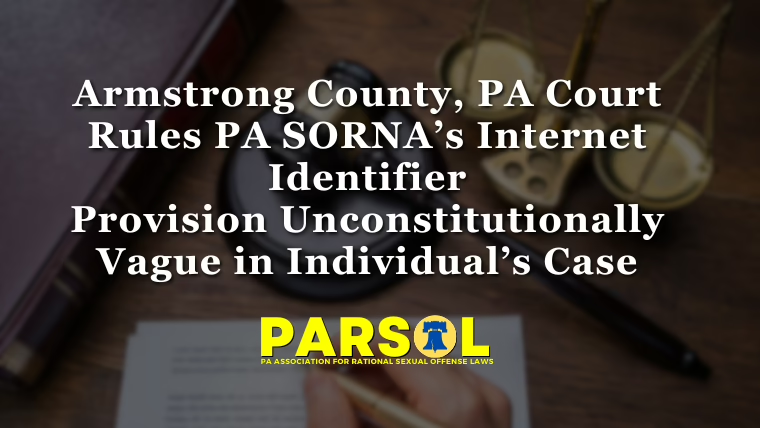Back in June of 2023 we published an article Are the Courts the New Galileo? It focused on Supreme Court of Pennsylvania (SCOPA) shifting away from the popular “frightening and high” myth and moving to uphold the science that persons forced to register (“PFRs”) pose a very low recidivism risk.
Justice Kevin Brobson was quoted when referring to the Court overriding a legislative finding made by the legislative and executive branches, “The legislature, General Assembly, and the Governor would have to engage in a flat earth society moment for us to do it.” He implied that disregarding science would be absurd and fundamentally undermine the judiciary’s integrity. His words signaled hope that the court might finally align with evidence-based findings and offer relief to those subjected to punitive and unnecessary restrictions under SORNA.
However, the Court’s handling of the Torsilieri II case did not deliver the outcome many hoped for. The Court majority decided to change the question to avoid addressing the issue. This case was seen as a pivotal moment, a chance for them to be the modern-day equivalent of Galileo—standing against dogma and championing scientific truth. Instead, they continued the “frightening and high” myth, the modern equivalent of the flat Earth movement.
The refusal to address the recidivism issue head-on was particularly frustrating for us as reform advocates because the “frightening and high” narrative has been used to justify not only long-term registration but also housing restrictions, employment barriers, and other collateral consequences that significantly hamper the reintegration of PFRs into society. The data is clear: those labeled as PFRs are often less likely to re-offend than those convicted of other crimes. Yet, the myth persists, largely because portraying this population as a perpetual threat is politically expedient.
In this sense, the court’s inaction echoes the resistance to scientific discoveries that challenged long-standing beliefs, much like Galileo’s struggle to convince the Catholic Church that the Earth orbits the Sun. Just as the flat-Earth belief was deeply ingrained in medieval society, the notion of high recidivism among PFRs is entrenched in contemporary legal frameworks. The parallels are striking: in both cases, authority figures ignored or rejected empirical evidence contradicting widely held beliefs, allowing misconceptions to continue shaping policy.
SCOPA’s decision not to take a firm stance in Torsilieri reflects a broader trend in courts nationwide. While some state courts have begun to push back against the harshest aspects of registration laws, many others have been reluctant to challenge the political consensus that has built up around the issue. Even when those findings are demonstrably flawed, this deference to legislative findings raises serious questions about the judiciary’s role in safeguarding constitutional rights.
In an era when misinformation can spread rapidly and influence public policy, courts have a critical role in upholding the truth, mainly when that truth is unpopular. Just as Galileo’s discoveries eventually triumphed over the erroneous beliefs of his time, so too should modern courts be willing to challenge the myths that continue to shape laws and policies.
As the legal battles over SORNA and similar laws continue to play out in courts across the country, the hope remains that judges will eventually take up the mantle of Galileo, challenging the myths and misinformation that have led to the creation of one of the most punitive and far-reaching systems of control in modern American law. The stakes are high, not only for the individuals labeled as PFRs but for the integrity of the legal system itself. Will the courts rise to the occasion, or will they continue perpetuating the flat-earth thinking that has dominated this area of law for too long? Only time will tell.
In the meantime, those affected by these policies continue to wait for a judicial body willing to confront the truth, just as Galileo once waited for his ideas to be recognized. Until that happens, the myth of “frightening and high” recidivism rates will remain a powerful force in shaping public policy, much to the detriment of both justice and public safety.




